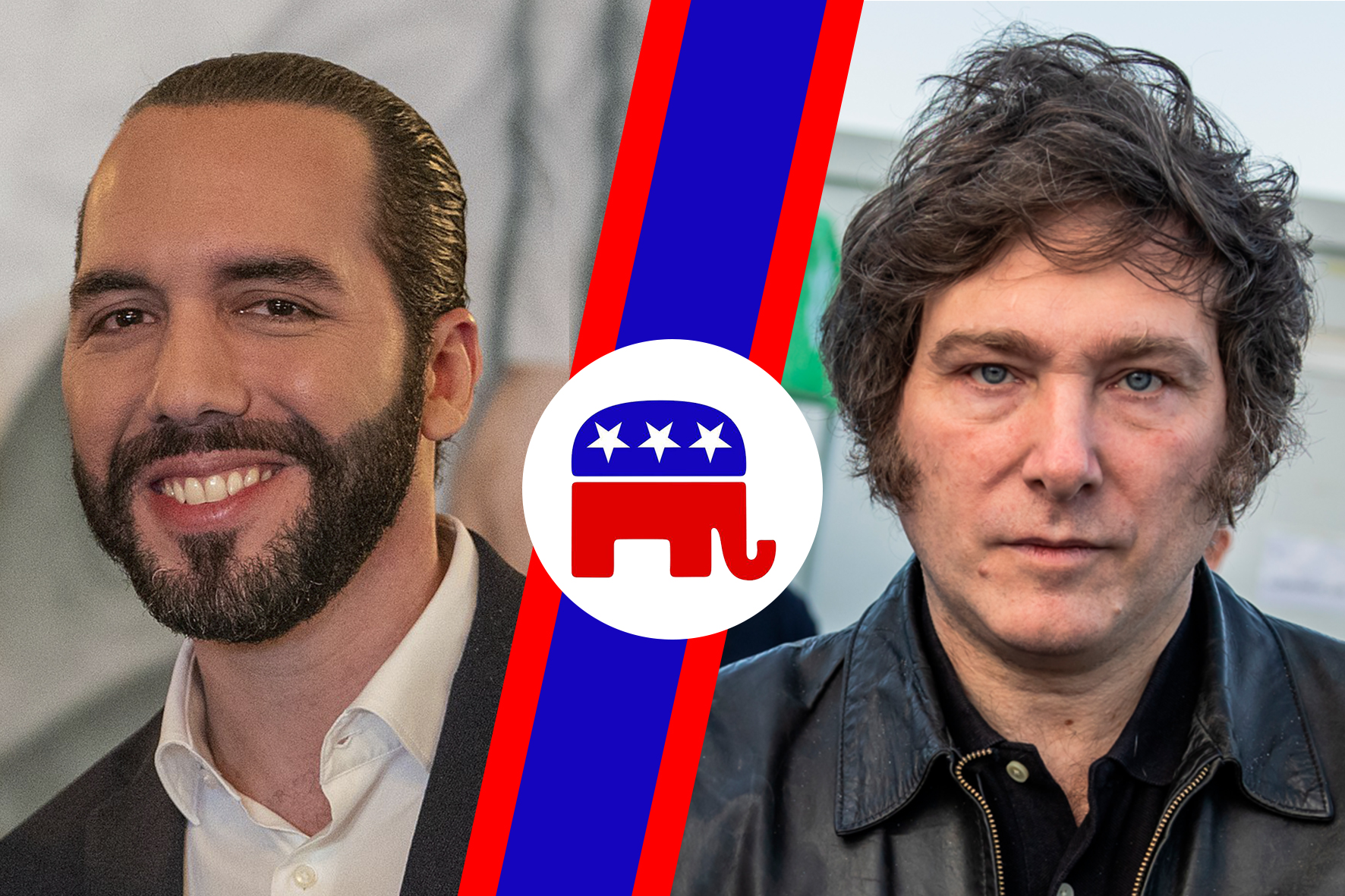- 14 3402-5578
- Rua Hygino Muzy Filho, 737, MARÍLIA - SP
- contato@latinoobservatory.org
 U.S. Department of State from United States /Vox España
U.S. Department of State from United States /Vox España
A story published by NBC News analyzes the growing alliance between Latin American leaders from the right and far-right, such as Nayib Bukele of El Salvador and Javier Milei of Argentina, and the Republican Party of the United States, highlighting their prominent participation in the Conservative Political Action Conference (CPAC). That partnership is seen as strategic both by Latin American leaders, who seek to strengthen ties with potential future U.S. leaders and influence foreign policy, and by Republicans, who see these leaders as an opportunity to reinforce their anti-left message and appeal to conservative Latino voters.
It is noteworthy that there has been a change in the focus of CPAC, which historically was a meeting dominated by the Republican Party, but which in recent years has come to be associated mainly with former President Donald Trump and his followers. According to the publication, CPAC’s expansion beyond U.S. borders, including conferences in several countries, reflects a strategy of global reach by the conservative right, which seeks to solidify international alliances to promote a common agenda.
“The union between Republicans and the Latin American right strengthened with the close relationship between then-Brazilian President Jair Bolsonaro and Trump. Bolsonaro, well liked among conservatives in the U.S., spoke at the 2023 CPAC after losing his re-election bid. Trump allies had worked to help Bolsonaro in his 2022 re-election bid, exporting some of Trump’s campaign strategies, including suggestions of voter fraud ahead of the election. […] Now conservatives have turned their attention to Bukele and Milei”, according to the NBC report.
The prominent Latin American leaders, Bukele and Milei, are described as "right-wing populist" figures with distinct appeals. Bukele, who has a high approval rating in El Salvador, is praised for his security policies and his fight against gangs, despite criticism of his authoritarian approach. On the other hand, Milei, an economist considered a "populist", seeks to implement "shock therapy" policies to deal with the economic crisis in Argentina.
Regarding the complex relationship between Bukele and the Biden administration – despite criticism of his anti-democratic measures – Bukele has been viewed with sympathy by the US administration due to efforts to curb irregular migration. This dynamic illustrates the complexities of relations between the U.S. and Latin American leaders, which often involve a combination of strategic interests and concerns about human rights and democracy.
Faced with this complex political landscape, it
has become important to keep up with emerging political trends in Latin America
and their interaction with the U.S. political landscape, highlighting the
growing influence of the region's conservative leaders in global politics.











